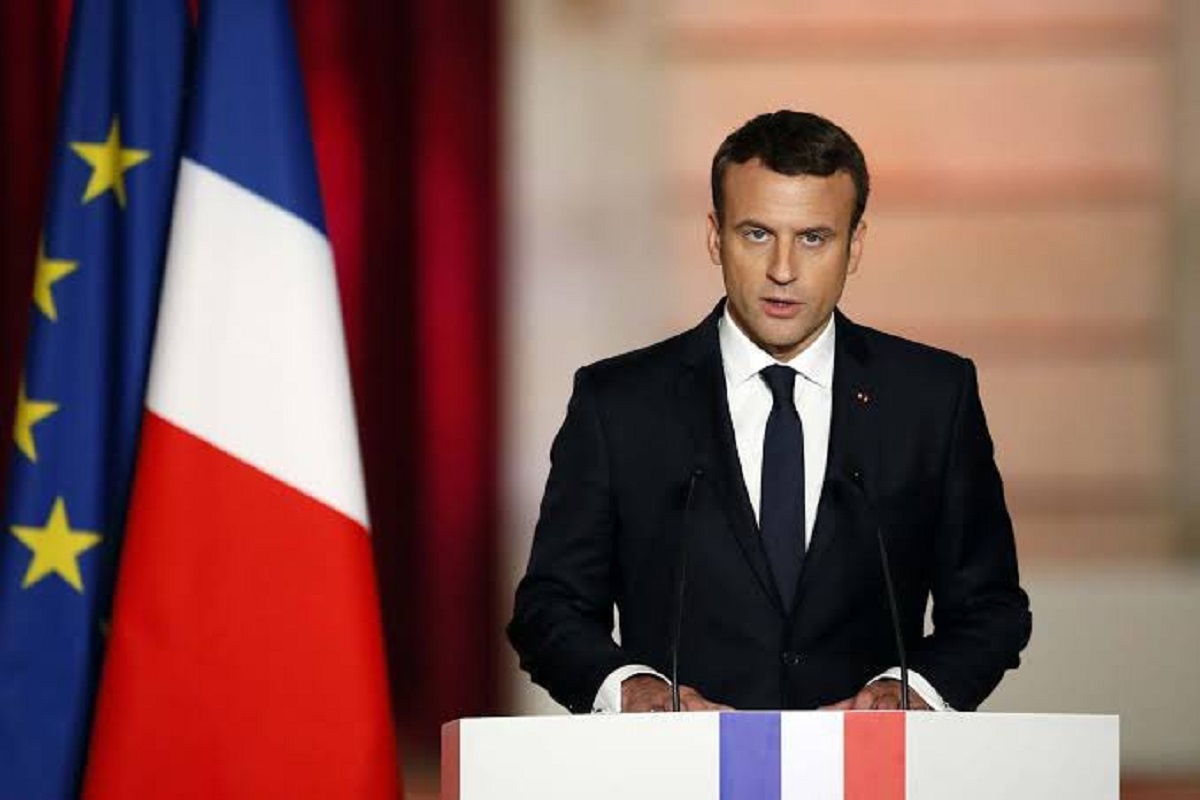PM Modi attends dinner hosted by Macron at Elysee Palace
French President Emmanuel Macron welcomed Prime Minister Narendra Modi with a warm hug as he arrived in Paris for a dinner at the Elysee Palace.
The recent elections to the French National Assembly have cast the country into a period of political uncertainty that threatens to weaken its role both domestically and on the international stage.

French President Emmanuel Macron (Twitter photo)
The recent elections to the French National Assembly have cast the country into a period of political uncertainty that threatens to weaken its role both domestically and on the international stage. The snap elections, called by President Emmanuel Macron in response to the far-right’s gains in the European Parliament elections, have resulted in a hung parliament, with no single party or coalition securing a majority.
The leftwing New Popular Front (NFP) has emerged as the leading force, but its victory is bittersweet. While it thwarted Marine Le Pen’s far-right National Rally (RN) from gaining control, the NFP now faces the daunting task of navigating a fragmented political landscape. The bloc’s lack of a clear majority means that forming a stable government will be challenging, necessitating uncomfortable compromises with parties that have vastly different agendas. President Macron’s centrists, who came in second, and Ms Le Pen’s RN, which secured third place, further complicate the political puzzle.
Advertisement
Mr Macron’s decision to ask Prime Minister Gabriel Attal to remain in his role temporarily underscores the immediate need for stability, but it is a stopgap measure. The real challenge lies in forming a government that can effectively govern without a majority in the National Assembly. The NFP, hastily assembled for this election to unify the left-wing vote against the far right, lacks a single leader and a cohesive strategy. This disunity was evident during the campaign and is now a significant obstacle as the bloc attempts to navigate the post-election landscape. The absence of a consensus on key issues, such as whether to seek support from Mr Macron’s centrists, highlights the fragile nature of this alliance. Mr Jean-Luc Mélenchon, the firebrand leader of France Unbowed, one of the largest parties in the NFP, has explicitly ruled out any deal with the centrists, further narrowing the paths to a stable government.
Advertisement
Yet, without some form of agreement with lawmakers outside the NFP, it is unlikely that the bloc will be able to pass any of its key proposals, such as raising the minimum wage and reversing Mr Macron’s pension reform. The current political impasse is not just a domestic issue; it has significant implications for France’s role in the European Union and its standing in global markets. The euro’s slip in response to the election results reflects investor anxiety about France’s future political and economic stability.
A fragmented Parliament will make it difficult for France to push through significant domestic reforms and may weaken its influence within the EU. As Paris prepares to host the Olympics, France needs a stable government capable of addressing both domestic and international challenges. The current political uncertainty suggests that such stability is far from assured. The coming weeks will be crucial as parties negotiate and attempt to form a government that can navigate this complex landscape. It is imperative that they find a way to bridge their differences and form an effective government
Advertisement